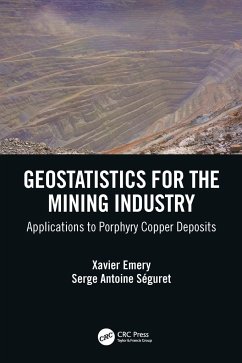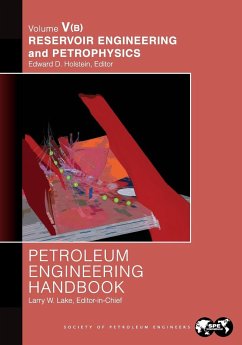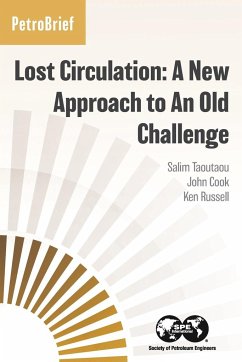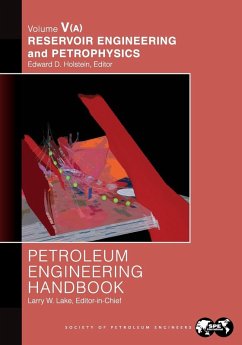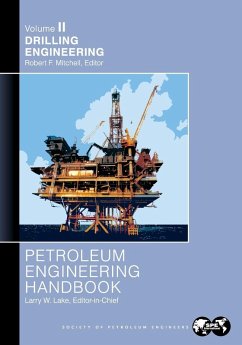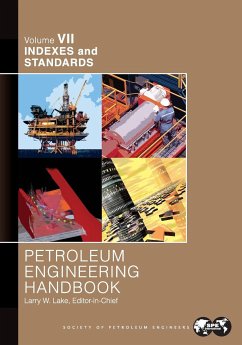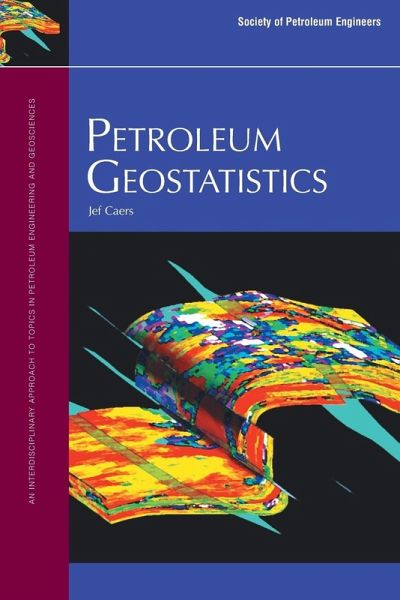
Petroleum Geostatistics
Versandkostenfrei!
Versandfertig in 1-2 Wochen
71,99 €
inkl. MwSt.

PAYBACK Punkte
36 °P sammeln!
Petroleum Geostatistics is geared toward the first-time reader, its focus is on well-seasoned geo-statistical tools, what they can and cannot do, where each tool is most appropriate, and how they fit in the global reservoir-modeling workflow. Little theory will be given because that would distract from the practical side of the methods presented. Instead, some "advanced reading boxes" provide an opportunity for greater insight into the theory. The Suggested Reading sections that conclude each chapter are not meant as exhaustive reference lists; instead, they include papers and, preferentially,...
Petroleum Geostatistics is geared toward the first-time reader, its focus is on well-seasoned geo-statistical tools, what they can and cannot do, where each tool is most appropriate, and how they fit in the global reservoir-modeling workflow. Little theory will be given because that would distract from the practical side of the methods presented. Instead, some "advanced reading boxes" provide an opportunity for greater insight into the theory. The Suggested Reading sections that conclude each chapter are not meant as exhaustive reference lists; instead, they include papers and, preferentially, books that are easily accessible and serve as a starting point for the interested reader to further explore the topics presented. This book contains a record of the past and present and the state-of-the-art, but it also contains a vision for the future of geostatistics as applied to hydrocarbon modeling. ¿¿¿ ¿The book contains some recently developed novel approaches being implemented by major software companies. With this in mind, I hope that this book will not be obsolete within 5 to 10 years, at the same time illustrating that geostatistics is a young and vibrant field, with a potential that we have only begun to understand and use effectively.





